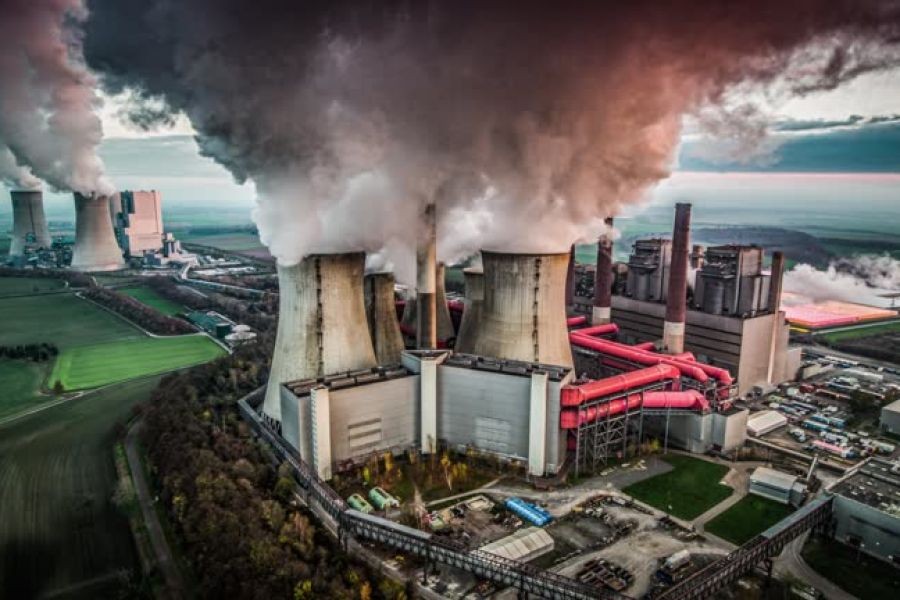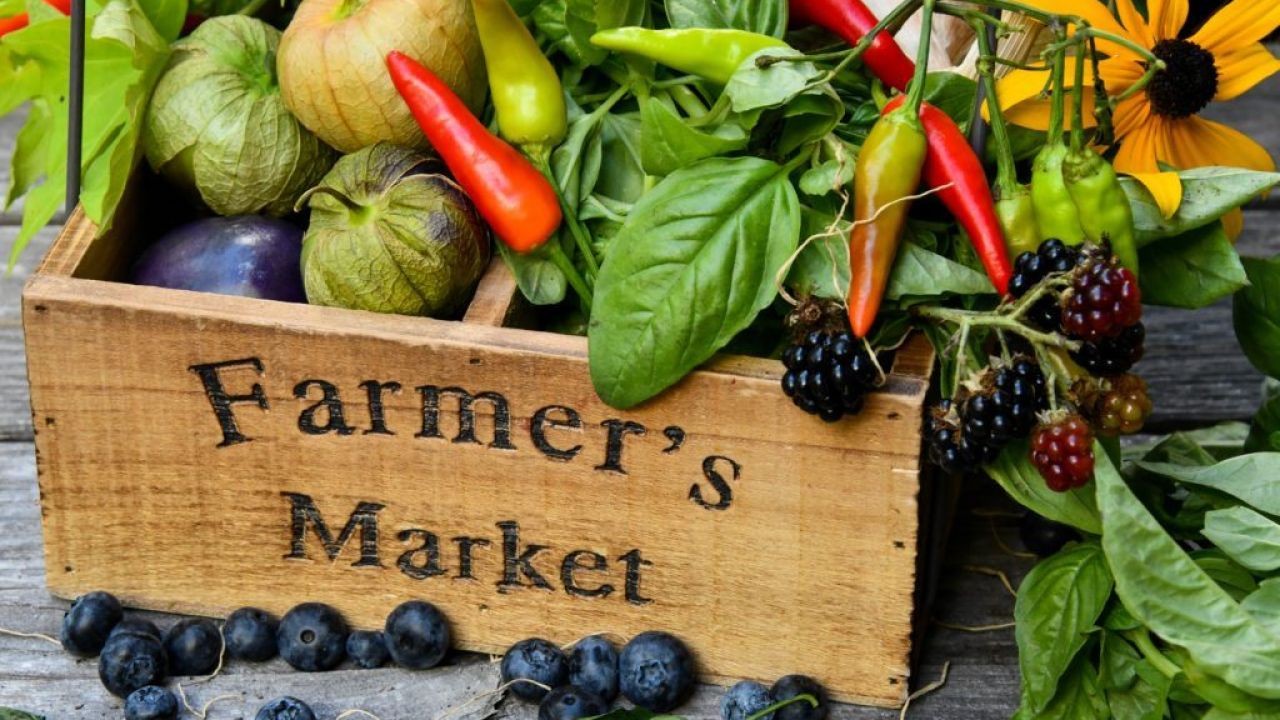In the world of cheese production, both New Zealand and Europe are renowned for their quality offerings. However, the question of which region produces the superior cheese is not just a matter of taste but involves a complex interplay of environmental factors, industry practices, and economic impacts. This article explores these dimensions, providing a detailed comparison between New Zealand and Europe's dairy sectors while focusing on sustainability and economic implications relevant to New Zealand.
Case Study: New Zealand's Dairy Industry – A Model of Sustainability
New Zealand's dairy industry is a cornerstone of its economy, contributing approximately 3.5% to the GDP and accounting for a significant portion of its export revenues (Stats NZ). The country's approach to dairy farming is often lauded for its commitment to sustainable practices, which starkly contrasts with some European methods.
Problem
New Zealand faced challenges with environmental impacts from dairy farming, including water pollution and greenhouse gas emissions. These issues were pressing, given the country's heavy reliance on agriculture and its commitment to maintaining its pristine natural environment.
Action
To address these concerns, New Zealand's dairy industry implemented several key strategies. These included the adoption of precision agriculture technologies, which allowed for more efficient use of resources, and the development of the Sustainable Dairying: Water Accord, which set specific targets for reducing water pollution.
Result
The impact of these initiatives has been significant. According to the Ministry for Primary Industries, New Zealand has seen a 30% reduction in nitrogen leaching since the Accord's implementation. Additionally, the use of precision agriculture has increased milk production efficiency by 15% while reducing environmental impact.
Takeaway
New Zealand's approach highlights the effectiveness of sustainable practices in the dairy industry. By prioritizing environmental health, the country not only protects its natural resources but also enhances its global reputation as a leader in sustainable agriculture. This case study demonstrates that sustainability and economic success can go hand in hand, offering valuable lessons for other dairy-producing regions.
How It Works: The European Approach to Cheese Production
Europe, with its rich history of cheese-making, offers a diverse array of cheeses, each with unique characteristics. The European dairy industry benefits from a combination of traditional methods and modern innovations, contributing to its global dominance in cheese production.
Traditional Methods and Innovation
European cheese production is steeped in tradition, with many regions boasting protected designations of origin (PDO) that preserve the unique characteristics of local cheeses. However, innovation plays a crucial role, with European producers adopting advanced techniques to enhance efficiency and product quality.
Environmental Considerations
While Europe has made strides in sustainable practices, challenges remain. The European Environment Agency reports that dairy farming is a significant contributor to water pollution and greenhouse gas emissions in the region. Efforts to mitigate these impacts include the adoption of regenerative agriculture practices and the promotion of organic farming.
Economic Impact
The European dairy industry is a major economic driver, contributing billions to the economy and providing employment to millions. However, the industry's reliance on subsidies and protectionist policies has been a point of contention, with calls for reform to promote fair competition and sustainability.
Pros and Cons of New Zealand vs. European Cheese Production
Pros of New Zealand Cheese Production
- Sustainability: New Zealand's commitment to sustainable practices reduces environmental impact and enhances its global reputation.
- Innovative Practices: The adoption of precision agriculture improves efficiency and productivity.
- Economic Contribution: The dairy industry is a significant contributor to New Zealand's GDP and export revenues.
Cons of New Zealand Cheese Production
- Environmental Challenges: Despite improvements, issues like water pollution and greenhouse gas emissions persist.
- Market Competition: New Zealand faces stiff competition from established European brands in international markets.
Pros of European Cheese Production
- Diversity and Tradition: Europe's rich cheese-making heritage results in a diverse array of high-quality cheeses.
- Global Dominance: European brands have a strong presence in international markets.
Cons of European Cheese Production
- Sustainability Issues: Environmental impacts remain a concern, with challenges in water pollution and emissions.
- Economic Dependence: Reliance on subsidies and protectionist policies can hinder innovation and fair competition.
Common Myths and Mistakes in Cheese Production
Myth: European Cheese is Always Superior
Reality: While Europe is renowned for its cheese, New Zealand's focus on sustainability and innovation results in high-quality products that are increasingly competitive on the global stage.
Myth: Sustainable Practices are Too Costly
Reality: New Zealand's experience shows that sustainable practices can enhance efficiency and profitability, demonstrating that environmental responsibility and economic success are not mutually exclusive.
Myth: Traditional Methods are Outdated
Reality: The integration of traditional methods with modern innovations can create superior products, as evidenced by both New Zealand and Europe's successful cheese industries.
Future Trends and Predictions
The future of cheese production in both New Zealand and Europe will likely be shaped by ongoing advancements in sustainability and technology. According to a report by the Ministry for Primary Industries, New Zealand's dairy industry is expected to continue its trajectory towards greater sustainability, with innovations such as methane-reducing animal feeds and carbon-neutral farming practices at the forefront. Similarly, Europe's focus on organic and regenerative agriculture is likely to drive future growth.
As global consumers become increasingly conscious of environmental impacts, both regions will need to adapt to meet the demand for sustainable and ethically produced cheeses. This shift presents an opportunity for New Zealand to leverage its existing strengths in sustainability and innovation to enhance its competitive position in the global market.
Conclusion
In the debate over which region produces the best cheese, both New Zealand and Europe have their strengths and challenges. While Europe boasts a rich tradition and global dominance, New Zealand's commitment to sustainability and innovation positions it as a formidable competitor. As the industry continues to evolve, the integration of sustainable practices with traditional methods will be key to success. For New Zealand, this approach not only enhances its global reputation but also contributes significantly to its economy, offering a model for others to follow.
What are your thoughts on this comparison? Share your insights and experiences with New Zealand and European cheeses in the comments below!
People Also Ask (FAQ)
- How does New Zealand's dairy industry impact its economy? New Zealand's dairy industry contributes approximately 3.5% to the GDP and is a significant portion of its export revenues, according to Stats NZ.
- What are the biggest misconceptions about cheese production? A common myth is that European cheese is always superior. New Zealand's focus on sustainability and innovation results in high-quality products that compete globally.
- What are the best strategies for sustainable dairy farming? Experts recommend adopting precision agriculture technologies and implementing water pollution reduction targets, as demonstrated by New Zealand's dairy industry.
- What upcoming changes in New Zealand could affect the dairy industry? By 2026, advancements in methane-reducing animal feeds and carbon-neutral farming practices could significantly impact sustainability in New Zealand's dairy sector.
- Who benefits the most from sustainable cheese production? Sustainable cheese production benefits consumers, producers, and the environment, aligning economic success with environmental responsibility.
Related Search Queries
- New Zealand dairy industry sustainability
- European cheese production methods
- Environmental impact of dairy farming
- Innovations in cheese production
- New Zealand cheese exports
- Sustainable agricultural practices
- Global cheese market trends
- Traditional cheese-making techniques
- Economic impact of dairy industries
- Future of cheese production


























